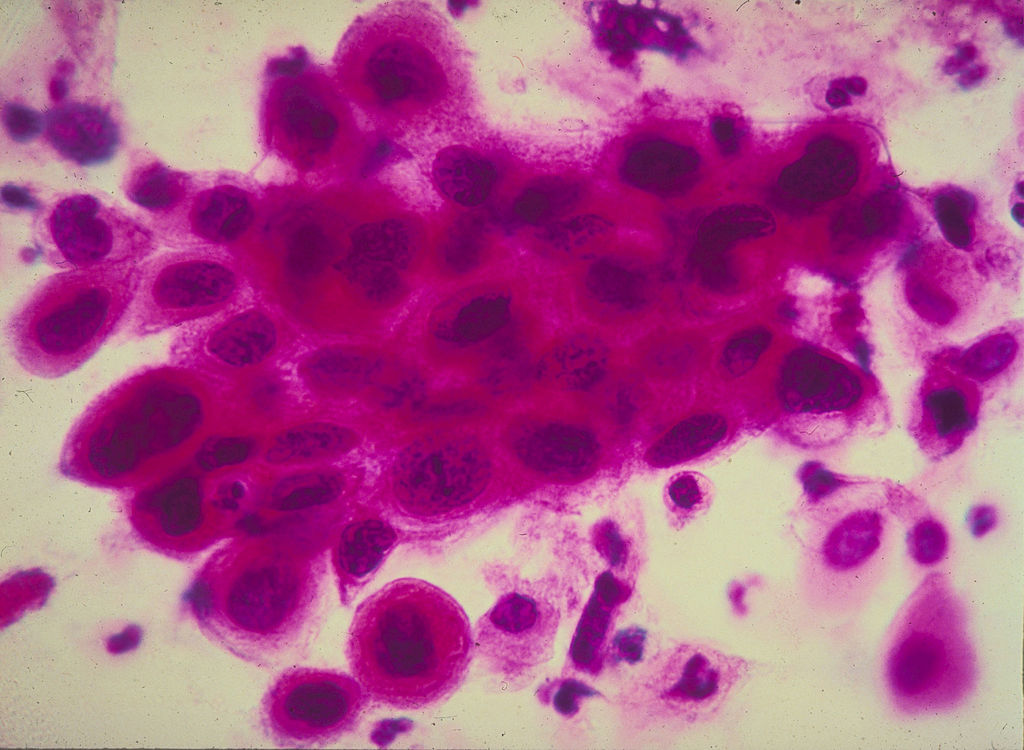UC Davis Comprehensive Cancer Center researchers have made a groundbreaking discovery that could potentially revolutionize cancer treatment. According to a report from the Daily Mail, they have identified a potential “kill switch” that triggers programmed cell death in cancer cells. This discovery focuses on a crucial section of the CD95 receptor, also known as Fas. The findings, published in the journal Cell Death & Differentiation, offer new hope for more effective cancer treatments and the extension of chimeric antigen receptor (CAR) T-cell therapy to solid tumors.
Cancer is a formidable foe that often requires surgery, chemotherapy, and radiotherapy as primary treatment options. While these therapies can be initially successful, they often fail against therapy-resistant cancers that tend to relapse. Immunotherapies have shown promise in breaking this cycle, particularly CAR T-cell therapies and immune checkpoint receptor molecule activating antibodies. However, their effectiveness has been limited to a small number of patients, especially those with blood cancers.
T cells, which are part of the immune system, play a crucial role in recognizing and eliminating cancer cells. CAR T-cell therapies involve reprogramming a patient’s T cells to specifically target and attack cancer cells. This approach has demonstrated impressive success in treating blood cancers like leukemia. However, it has struggled to make a significant impact on solid tumors due to their ability to create environments that hinder immune cell infiltration.
Dr. Jogender Tushir-Singh, a senior author of the study and an associate professor in the Department of Medical Microbiology and Immunology, explained that solid tumors are often referred to as “cold tumors” because immune cells struggle to penetrate their microenvironments. Enhancing the activity of the CD95 receptor epitope, which triggers programmed cell death in cancer cells, could provide a solution to this problem. By developing drugs that target these death receptors, researchers may have a powerful tool to simultaneously eliminate tumor cells and enhance the effectiveness of immunotherapies and CAR T-cell therapy.
In the past, one obstacle has been effectively targeting these death receptors. While progress has been made in targeting Death Receptor-5, no agonists for Fas have reached clinical trials. However, this newfound discovery of a specific epitope on the CD95 receptor may change that. It could potentially pave the way for therapies that selectively bind to and activate Fas to destroy tumor cells.
In other news, researchers at the University of Notre Dame are using artificial intelligence (AI) to monitor chemotherapy complications and improve pediatric cancer treatment. This initiative aims to address a critical gap in post-treatment care for children battling cancer in Mexico, where it is the second leading cause of death. For more updates, stay posted at Tech Times.

I have over 10 years of experience in the cryptocurrency industry and I have been on the list of the top authors on LinkedIn for the past 5 years. I have a wealth of knowledge to share with my readers, and my goal is to help them navigate the ever-changing world of cryptocurrencies.




